Nancy Adelson, Josh T Franco, and Nyeema Morgan Join Joan Mitchell Foundation Board of Directors
The Foundation welcomes three new members to its Board of Directors for 2026: Na...

What happens to an artist’s work and story when they pass away? Who decides how their legacy is remembered? How does this work get funded? How can artists retain agency over the process? And how can the art world navigate these questions while ensuring the stories we tell are inclusive and equitable?
These pressing questions were at the heart of Creating Future Memory, an invitational convening hosted by the Joan Mitchell Foundation, May 14–16, 2025, at BRIC in Brooklyn, with support from the Mellon Foundation. This gathering brought together 150 visual artists, archivists, curators, administrators, artist estate stewards, funders, and other cultural workers in an open forum for resource-sharing and exchange. The goals of the convening were to map existing resources and innovative approaches for artists' legacies, while advocating for more training, funding, and visibility for this topic within the arts ecosystem. It became a community and field-building effort, one that participants vowed to continue shaping together.
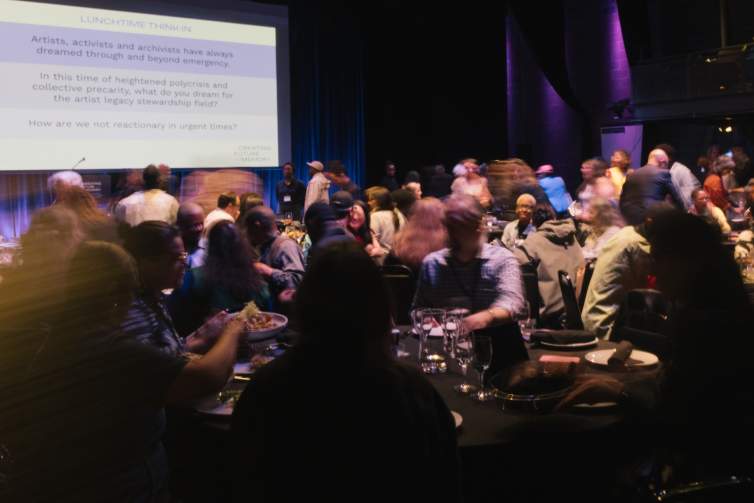
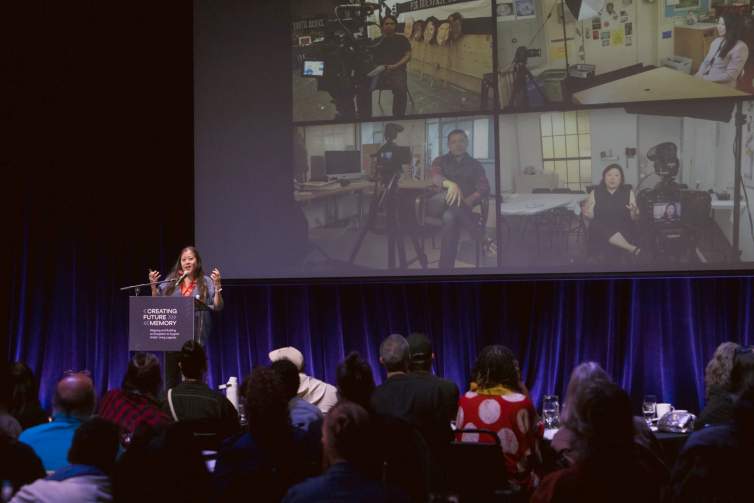
Creating Future Memory builds on the Joan Mitchell Foundation’s long history of providing artist legacy planning resources through the Creating a Living Legacy (CALL) program. As we envision the Foundation’s future work in this area, our goal was to connect with others who are committed to supporting and stewarding artists’ legacies, and to galvanize the field to recognize how central legacy planning is to artists, communities, art organizations and institutions, and our shared history. To this end, the Foundation’s Executive Director, Christa Blatchford, and Director of Artist Programs, Solana Chehtman, embarked on a year-and-a-half long planning process of meeting with an advisory council and others in the field to learn more about their work and the challenges they faced.
In her opening remarks at Creating Future Memory, Chehtman shared: “What we found through this process of listening to artists and others in the field was both inspiring and sobering. Across communities, we encountered powerful yet often informal and disconnected individuals, collectives, and organizations dedicated to preserving and protecting artistic legacies—efforts of cultural stewardship that have rarely been recognized or resourced as they deserve. And at the same time, we heard far too many stories of loss: archives discarded or damaged, artworks destroyed, artists forgotten.”
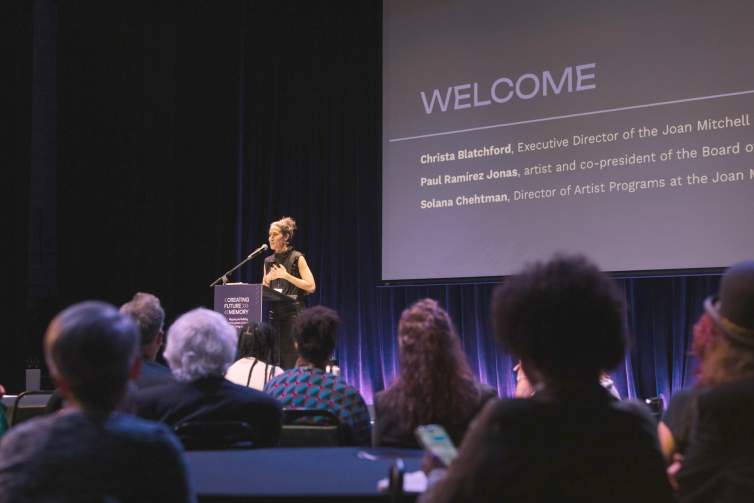
Chehtman continued: “If I had to share with you the main lessons learned throughout this process, it would be that legacy work is collective work. It is intergenerational. It is key to place-keeping. And it requires a cultural shift in our field, to understand how central it is to every single thing we do.”
Hundreds of conversations with artists and legacy workers helped shape the agenda and participant list for the Creating Future Memory convening. Over the course of the gathering, through round-table discussions, presentations of case studies, working lunchtime “think-ins,” open discussion periods, and other opportunities for formal and informal exchange, the attendees shared challenges and worked to collectively build a vision for supporting artists' agency over their legacies, as well as infrastructures to support them more broadly.
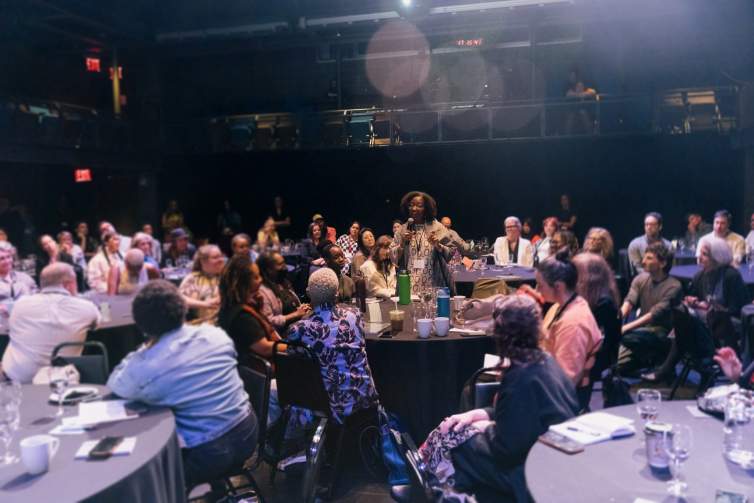
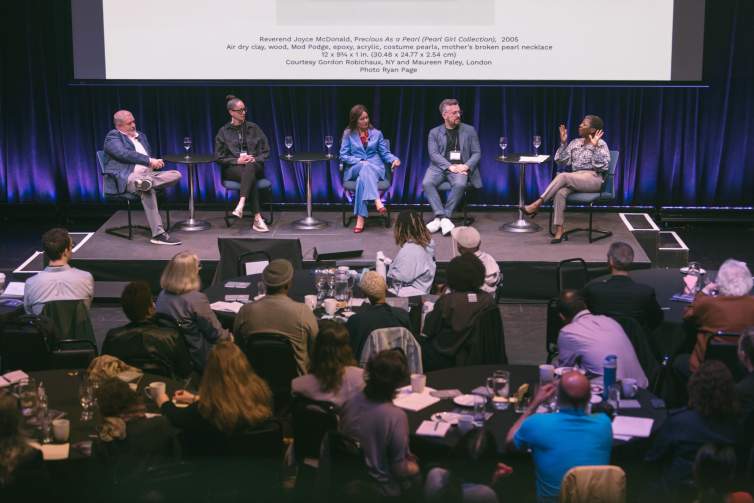
Over the course of the convening, many of the sessions reiterated the importance of rooting legacy work in community and intergenerational exchange. Participants spoke of artist legacy planning as memory work, care work, a natural extension of cultural stewardship and elder care that recognizes that artists do not need to be celebrated within the mainstream art market to be important to their communities. Within that understanding, the path for estate planning and legacy stewardship for each artist and each community will be unique, and should be rooted in their values, intentions, and cultural context.
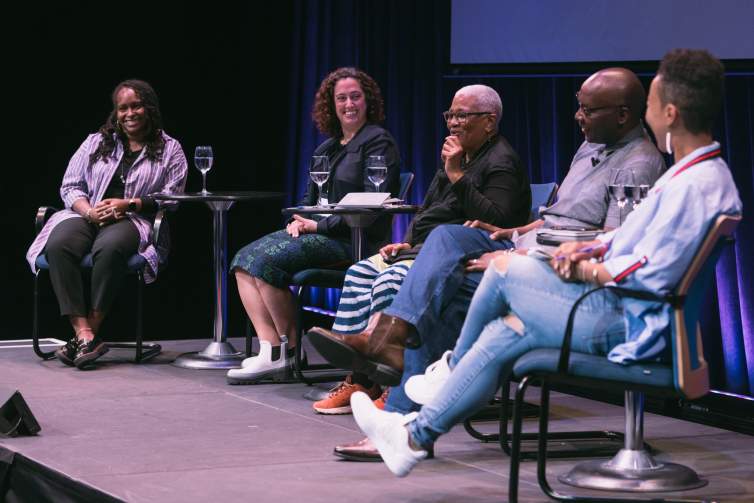
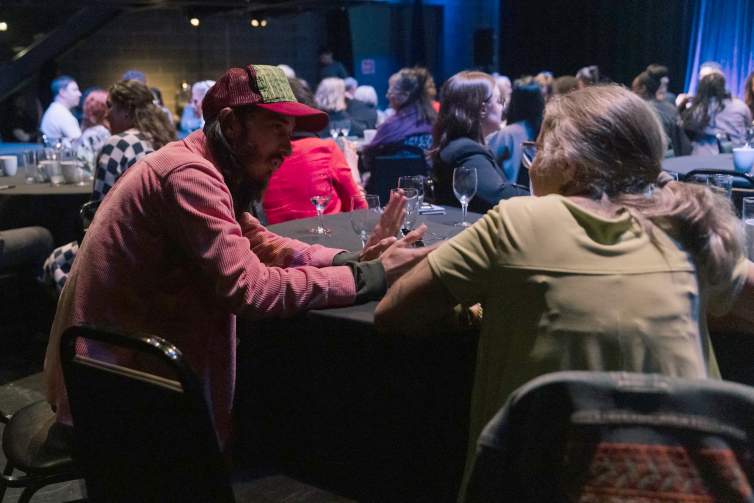
Another key theme that emerged was the importance of active remembering and preservation as a counter to cultural erasure. Participants from a wide range of cultural backgrounds acknowledged the reality that they are continually fighting for their work to be recognized as American art. They stressed the importance of the histories and voices their work preserves and carries forward as counter-narratives to the flattening of American history. As artist and curator Amalia Mesa-Bains stated in the opening session of the convening, “Our past is our present is our future. We’re remembering our future. Our archives need to be part of the story that is told.”
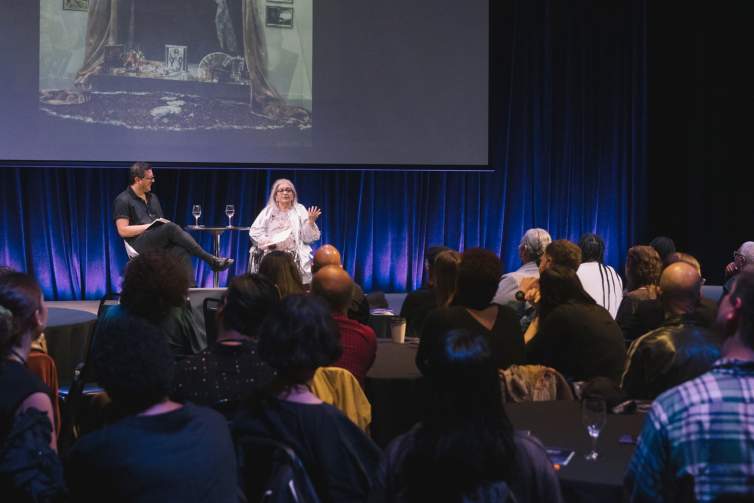
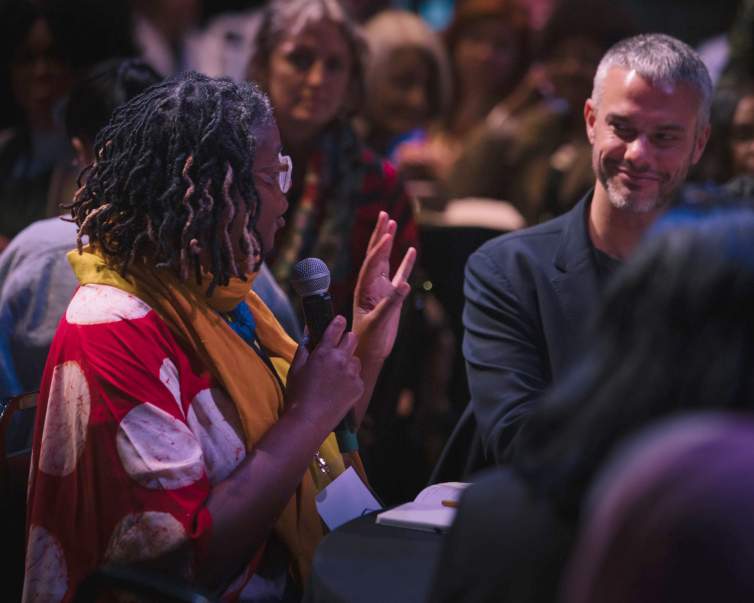
Overarching the rich and candid discussions was the understanding that artist legacy work is vastly under-resourced, with more direct support needed for artists in their studios, artists’ estates, institutions that house archives and artwork collections, community archive projects, artists’ collectives, and small grassroots organizations. Even within the innovative models shared at the convening, it is evident that many artists’ estates are being shepherded by family members self-funding their efforts as a labor of love to their artist relative. A number of cultural workers noted that they had to figure out creative ways to bend institutional structures to make meaningful projects around artists’ archives and retrospective exhibitions possible. Recent funding cuts to the arts, humanities, and library sciences threaten to further hinder these efforts in the near future.
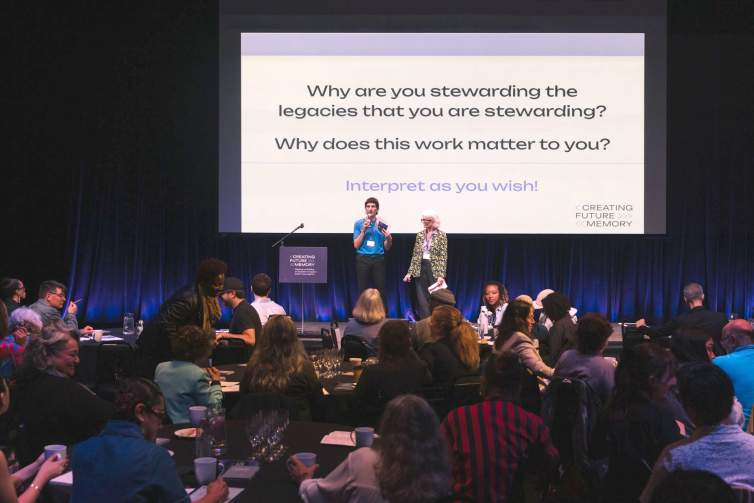
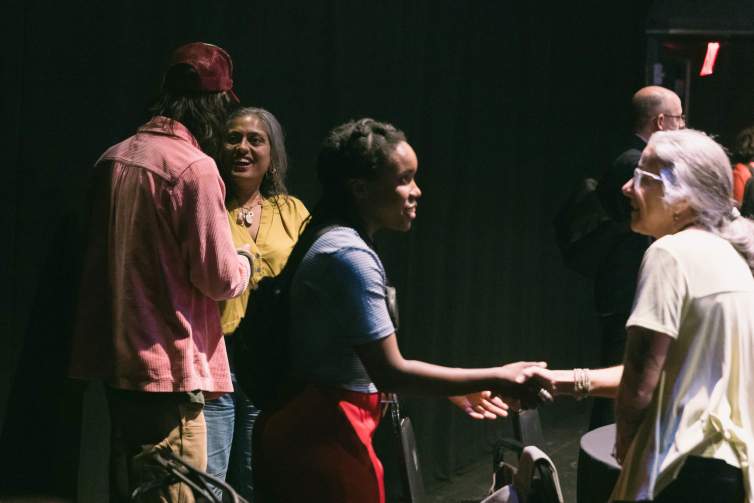
We see the Creating Future Memory convening as the first of what we hope will be regular opportunities for collaboration among different areas of the field to build momentum around care for artists, their work, their stories, and their archives. All of the invited participants are deeply involved with artists’ legacies in some form, and we are grateful for their partnership as we envision together what a sustainable legacy planning ecosystem might look like, with more resources for living artists to take agency over these processes.
Over the coming months, we will be synthesizing key themes and voices from the gathering to produce a report to the field that advocates for a more inclusive, sustainable, and artist-centered future for legacy care. Look for that publication in early 2026. We’ll also be launching a pod mapping project to identify a wide network of memory and legacy workers reflecting diverse geographies, practices, and areas of expertise across the field. The listings will initially be gathered through research and community recommendations, with the goal of growing it organically through peer and self-nominations. As we develop these resources, we would love to hear from members of our community to share their experiences or ideas.
In the meantime, if you would like to learn more about legacy planning for visual artists, explore the Creating a Living Legacy workbooks.
Creating Future Memory was curated by Solana Chehtman, with Christa Blatchford. With gratitude to the Mellon Foundation for their support for this gathering, the advisory council (see below), BRIC, Luce Productions, Yanira Castro and Morgan Bassichis (co-facilitators), and all the participants who brought their personal experiences and generous spirits to this gathering.
Creating Future Memory Advisory Council:
Lisa Darms, Executive Director at the Hauser and Wirth Institute
Ryan S. Flahive, archivist at the Institute of American Indian Arts (IAIA)
Josh T. Franco, Collector at Large at the Smithsonian’s Archives of American Art
Tempestt Hazel, Co-Director/Co-Founder of Sixty Inches from Center
Seitu Ken Jones, artist, with collaborative support of Shannon Brunette, Founder of Office of Cultural Work
Chelsea Spengemann, Executive Director of Soft Network